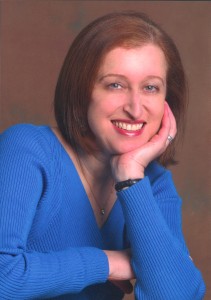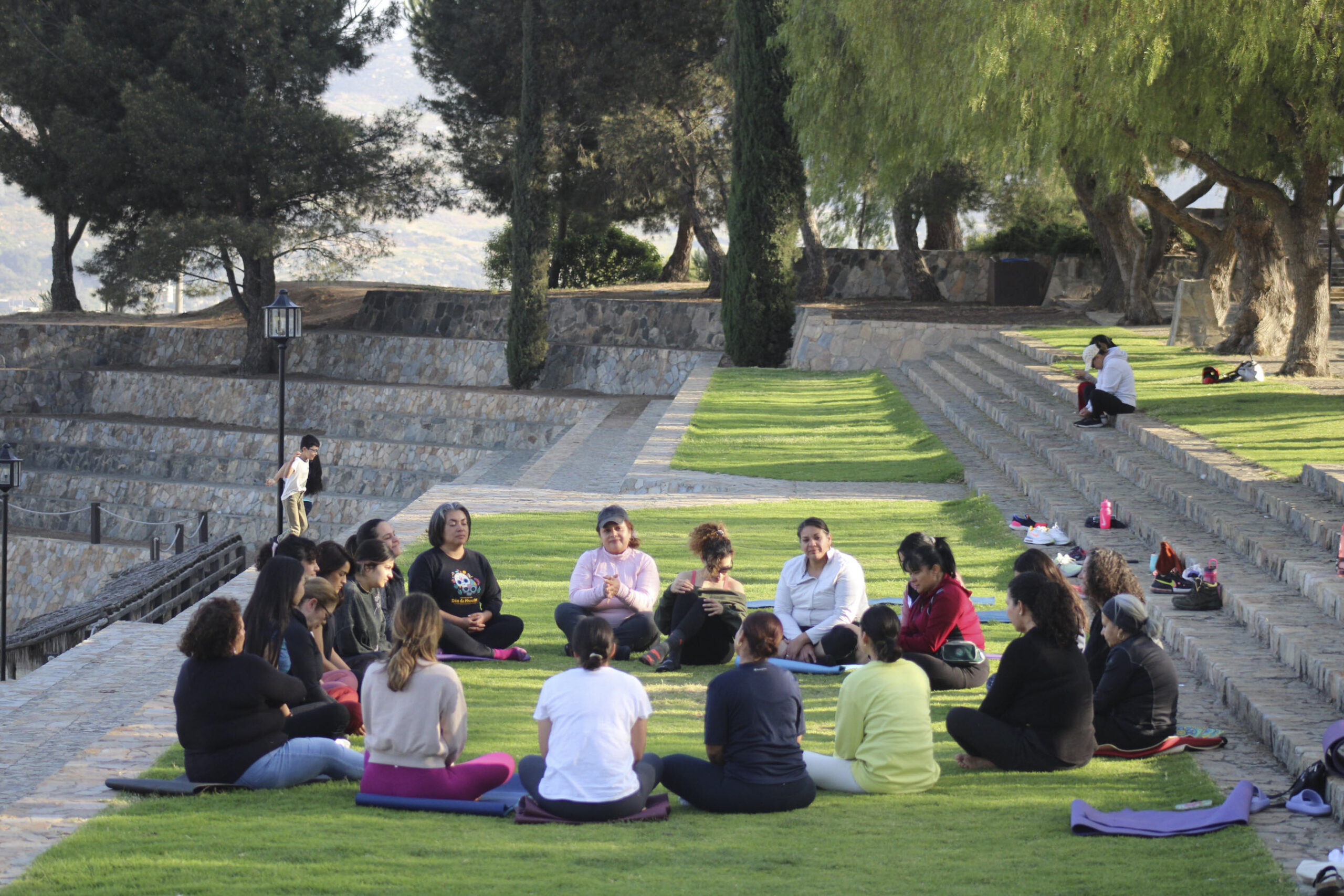Interview with with Literary Agent, Joëlle Delbourgo

I feel so honored to have been able to meet Joëlle Delbourgo at the Ranch this past year during my favorite week so far, Rancho Reads and Writes. The classes that week were such an enlightening experience. And not just for learning to write better, but also the business that goes along with writing; what publishers are looking for, new exciting genres and what makes a great book. That’s where Joëlle comes in– she has a wealth of information regarding the publishing world. For all of you aspiring writers, take note of the treasures ahead. And for those of you interested in attending the next Rancho Reads and Writes, stay tuned for upcoming dates!
Kate Bello: First of all, thank you for taking the time to do this interview. I have to say I had the best time attending the writing classes you taught along with Sam Barry and Leslie Levine. That week absolutely changed my view on writing, so thank you for that! You have a tremendous amount of experience in the publishing world, having been a Senior Editorial Executive at HarperCollins and Random House and now the President and Founder of Joëlle Delbourgo Associates. What got you interested in writing and editing in the first place?
Joëlle Delbourgo: I’ve had a love affair with words from an early age. My mother taught me to read when I was little, so by the time I entered school, I was reading well above grade level and ended up skipping two grades. I love the cadences of language. I never aspired to be a writer, but I understood that my ear for language and logical mind could be a great asset to writers. I could “hear” their voices (or those of their characters) and understand their intentions, sometimes even more clearly than they did. So I chose instead to become a kind of midwife, muse and guide to writers.
KB: The publishing world has changed considerably in the last 20 years. Based on your experience, what have been some of the pros and cons for authors trying to publish today as opposed to 20 years ago?JD: It certainly has. Publishing is run in a much more business-like way today. Publishers are less likely to take a risk on an unproven talent. So it is much, much more difficult to get published in the traditional sense. But with change also comes opportunity. The explosion of new kinds of publishers, including digitally-driven houses and self-publishing is also opening doors for writers.KB: How does Joëlle Delbourgo Associates help authors publish books as well as market their books via social media?
JD: Both my colleague and fellow agent, Jacqueline Flynn, and I come from a publishing background. We continue to think like editors and publishers and help our authors to position and market their books. We even offer an increasingly broad array of services, separate from the agency side of our business, such as editing and tailored courses in social media marketing for authors. We are here to advocate, advise, and champion every step of the way from conception through the life of the book.
KB: What is the most common mistake you see new authors make when submitting their query letters and manuscripts to your company?
JD: The most common mistake is that authors don’t always take time to do their homework in researching a prospective agency and customizing their query letters in accordance with the submission guidelines. The second most common mistake is not taking the time to craft a really well-written letter. The query letter is all-important. You have one shot.
KB: Which genres of fiction and non-fiction are you most excited about currently?
JD: I personally love narrative nonfiction, that is nonfiction that employs the techniques of great fiction writing to tell a story, except that the story is true or at least grounded in fact. I’m also intrigued by the explosion of quality young adult and middle grade books, and particularly in books that bridge young adult and adult; some publishers call these books “new adult.”
KB: Who are some of your favorite authors at the moment?
JD: There are so many authors I admire from Philip Roth to Margaret Atwood and Nicole Krauss. But I’m less slavishly a fan of particular authors and more drawn to particular books. Some great ones I’ve read recently are Ernest Gaines’ A LESSON IN DYING, which is a classic, but I’d never read it before, Katherine Boo’s BEYOND THE BEAUTIFUL FOREVERS and Julian Barnes’ THE SENSE OF AN ENDING.
KB: Is self-publishing a viable option for authors today, or is it still best to go through a publishing house?
JD: It depends on what your goal is. I’m prejudiced in favor of traditional publishing. A good publisher brings so much to the table in terms of shaping, positioning, packaging and marketing a book. Most people who work for these publishers are tremendously good at their jobs. But self-publishing is a good fallback for authors who can’t get published by a traditional house, and also great for getting something very timely out quickly. It’s a living laboratory and allows for a lot of experimentation. If a writer can self-publish well and find an audience, that writer may have a much better chance of drawing attention of a publishing house. But it can also backfire. If you self-publish and your book sells poorly, that works against you.
KB: What is your advice for authors trying to publish their first novel or non-fiction book?
JD: Write the absolute best book you can. Try to find a reputable agent with whom you have a strong connection and trust.
KB: What is your view on the new digital era of publishing?
JD: I’m fascinated by it. I believe that I will personally always favor a beautifully produced printed book, but digital publishing offers extraordinary advantages to readers.
KB: At Joëlle Delbourgo Associates, you cover everything from editing to publishing to marketing. What is your favorite part of the process?
JD: Hard to say. I love discovering talent. But I also never tire of feeling the excitement when that finished book, hot off the presses, lands on my desk.
KB: Can you give us an example of an author that you recently worked with whose work immediately caught your eye and why?
JD: I just sold a debut novel by a young woman named Lindsey Palmer in a 2-book deal to Kensington Publishing. It’s a sharp satire of the world of women’s magazines and what happens when a highly respected editor-in-chief is replaced by an editor from the tabloid world. The novel is related from different points-of-view: the art director, the editorial assistant, the managing editor, and so on. It’s hilarious but also has great characters and a lot of heart. I knew when I read the query letter that it could be very commercial. Lindsey Palmer has worked at several women’s magazines and really knows this world. She is a terrific, polished writer, and her query letter reflected that. The novel really delivers. I was excited that Kensington was willing to invest not only in this novel but in a second one that is still in the process of being written. This shows that they are committing to an author, not just to a book. And the author has great media connections, so we should have a field day promoting it.
KB: In your opinion, what is that one thing that makes a great book or novel?
JD: There is no “one” thing: it can be the originality of the premise, the distinctiveness and quality of the prose, the indelible characters, the palpable sense of place, the ability to keep the narrative moving through a great plot and an ability to maintain tension. Ideally, it is all of the above. But the key is to capture the reader’s attention right away and for the reader to identify and care for your characters. Without an investment from the reader, you have nothing.
KB: Any last words about the writing and publishing world you would like to share with our readers?
JD: Hone your craft. Do your research about the process. Write with a specific reader in mind (it can be an audience of one or millions, but be realistic and know who you are writing for.) Respect the professionals who may be able to help you along the way. And good luck!
Thank you Joëlle!


